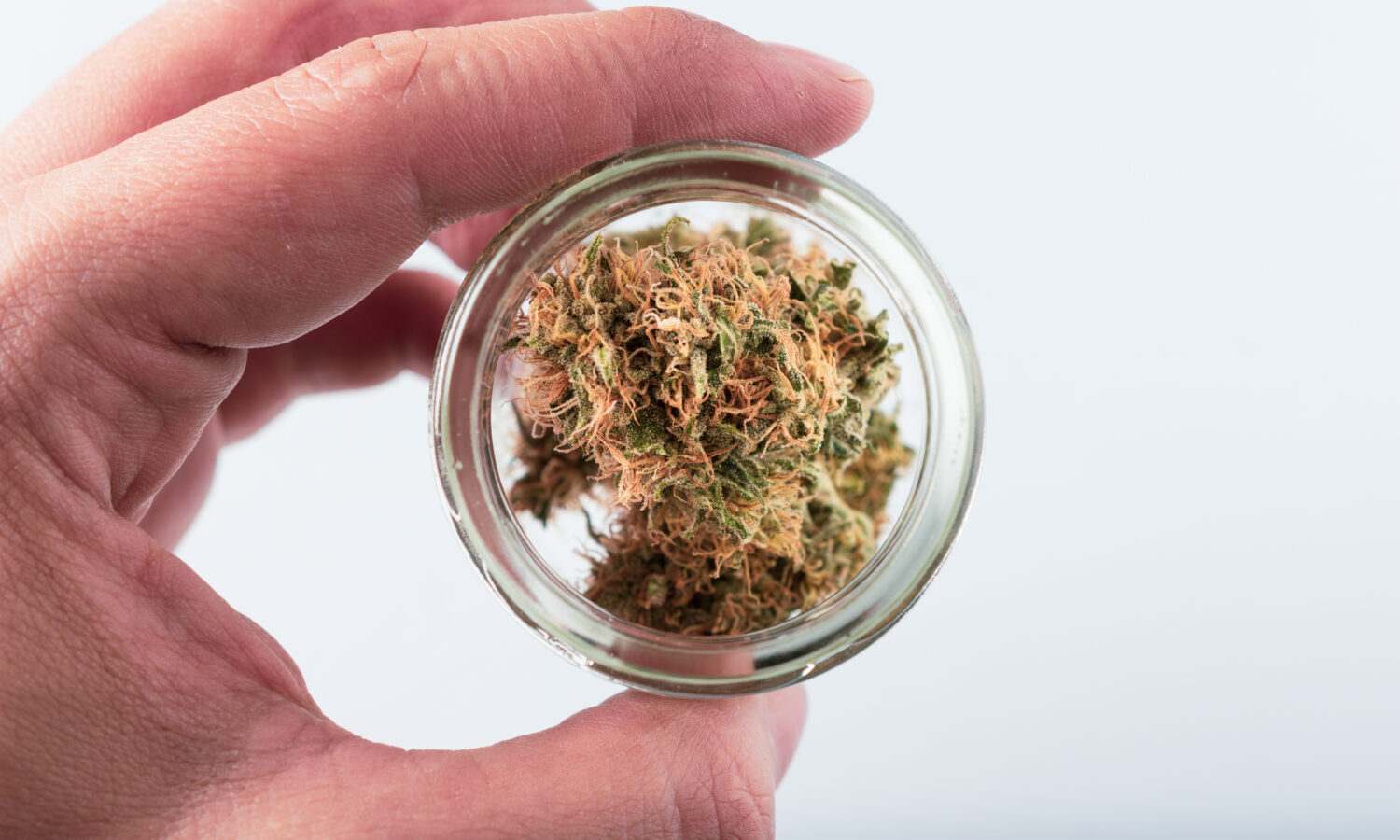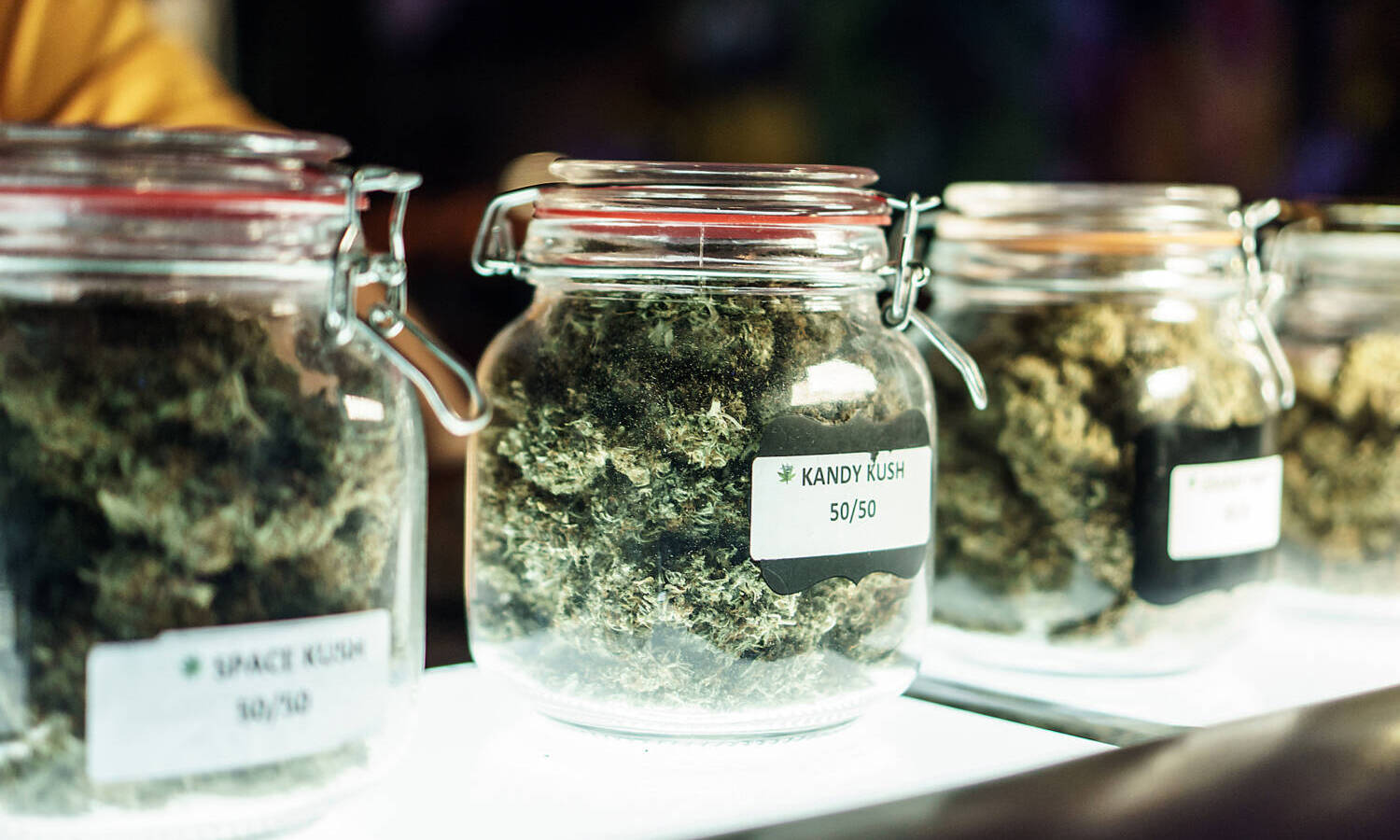If conditional cultivators and processors have no outlet to sell their products to the public, the risk of diversion into the legacy market increases substantially.
According to a recent article from Upstate New York, the state of New York is confronting an issue commonly faced in the state-legal cannabis industry: a lack of banking options. The New York regulators need an account for the Seeding Opportunity Initiative fund of $200M which will go to renovations and build-outs for the first waive of Conditional Adult-Use Retail Dispensaries (CAURD). If New York cannot find a bank, it will certainly slow down the roll out of legal cannabis sales.
New York, like many other states, will have a closed loop system for cannabis. That means that only cannabis grown and processed by licensees can be sold by a licensed entity. For the market contemplated by the Marijuana Regulation and Tax Act (MRTA) to take shape, there must be a legal way for customers to buy cannabis.
Up to this point the focus has been on establishing conditional adult-use cultivators, processors, and dispensaries. The conditional cultivators and processors, by all accounts, are up and running. So what happens in the event that conditional dispensaries are not available in the short term? Licensed conditional cultivators and processors will need to sell their products somewhere and if there is no legal way to do that those crops will go to waste or, perhaps, find their way to unregulated markets.
I have no doubt that the Office of Cannabis Management (OCM) will do what they can to ensure that CAURD licenses are operating ASAP. But rumor has it that the regulators are considering other options if the CAURD licenses are not operational soon.

Delivery
New York’s passage of MRTA last year created a temporarily comfortable environment for legacy market operators. Although these businesses operate outside the scope of the law, they do so without much risk of criminal prosecution. Many of these legacy businesses deliver cannabis.
MRTA establishes a class of delivery license, but OCM has yet to open the application process for prospective delivery licensees. We have heard rumors that the OCM may fast track delivery licenses to deliver cannabis from conditional cultivators and processors to customers by partnering with legacy cannabis delivery services. This would take some of the pressure of off the CAURD license process. However, in order for this to happen, OCM will need to set up an application process, review applications, and grant licenses.
Winery Model
Another solution floating around would involve implementing some kind of winery model where customers can purchase cannabis directly from cultivators. This would allow producers, who are authorized to minimally process cannabis, to sell directly to consumers. However, for a winery model to work, it may take a change to the MRTA. Section 68 of MRTA grants cultivators the ability to sell to processors, not the public. The MRTA established the OCM and the OCM’s power derives solely from MRTA. While the MRTA granted the OCM and the Cannabis Control Board wide regulatory authority over New York’s cannabis industry but that does not mean that the regulators can alter what’s in the MRTA. OCM may not be able to establish a winery model for cannabis cultivators without a change in law.

Bottom Line
The OCM and New York lawmakers want MRTA to succeed. If conditional cultivators and processors have no outlet to sell their products to the public, the risk of diversion into the legacy market increases substantially. Although New York has lessened penalties for cannabis crimes, the state surely does not want to strengthen the unregulated legacy market. Hopefully, the CAURD licenses can operate in the near future. If not, OCM may open up other pathways for cannabis distribution. We’ll keep you updated on the Green Light Law Blog.
Daniel Shortt is a corporate and regulatory attorney based in Seattle, Washington who works extensively with entrepreneurs in the cannabis industry. You can contact him at info@gl-lg.com or (206) 430-1336. This article originally appeared on Green Light Law Group and has been reposted with permission.


